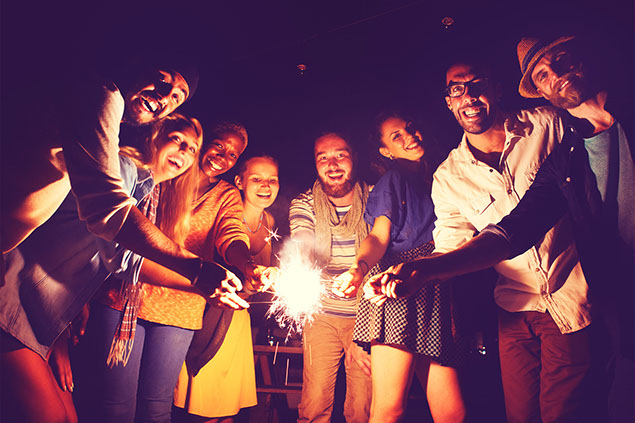SYMPTOM CHECKER
CONDITIONS
Male
Female
Child
Arm, Hand & Shoulder Concerns
Legs & Feet Concerns
Dental & Mouth Concerns
Ear & Nose
Eye Conditions
Head Conditions
Arm, Hand & Shoulder Concerns
Legs & Feet Concerns
Front
Back
Arm, Hand & Shoulder Concerns
Dental & Mouth Concerns
Ear & Nose
Eye Conditions
Head Conditions
Arm, Hand & Shoulder Concerns
Dental & Mouth Concerns
Ear & Nose
Eye Conditions
Head Conditions
Front
Back
Arm, Hand & Shoulder Concerns
Neck Links
Head & Neck Concerns
Arm, Hand & Shoulder Concerns
Neck Links
Head & Neck Concerns
Front
Back
Online Clinic
Wise Healthcare
Don’t play with fire: fireworks safety tips
Print on Demand
The most common firework injuries involve the fingers and hands, but may also include the face, head, ears, arms and legs. Many people injure their eyes from fireworks. They may burn or scratch the eye, or could even go blind if a firework ruptures the eyeball or harms the retina.
Firecrackers are the worst offenders, accounting for 25 percent of all fireworks injuries. Sparklers can also cause serious harm because they burn up to 1,200 degrees Fahrenheit, or 10 times hotter than boiling water, while people are holding them.
The best way to enjoy fireworks is to attend a professional show in your area. But, if you decide to use fireworks at home, here are some tips:
• Do not handle or buy illegal fireworks.
• Follow local laws and ordinances that say when and where fireworks can be used.
• Don’t drink alcohol before or while using fireworks.
• Use fireworks outdoors in a cleared area, away from buildings and vehicles.
• Don’t use fireworks if there has been a drought or low rain in your area. Local governments often ban fireworks when this happens to reduce risk of fires.
• Don’t try to relight a “dud” firework. Leave it alone for at least 20 minutes, then put it in a bucket of water.
• Keep a bucket of water and a working water hose nearby when using fireworks.
• Don’t put fireworks in your pocket.
• Don’t shoot fireworks into metal or glass containers.
• Wet down any used fireworks and place in a metal trash can. Keep them away from materials that could be combustible or flammable.
• Do not let children handle any fireworks, including sparklers.
• Wear safety glasses when lighting or using fireworks.
• Light only one firework at a time.
• Once the firework is lit, quickly move a safe distance away from it.
• Seek emergency care for injuries caused by fireworks.
• Don’t have pets around fireworks or bring them to a fireworks show. Fireworks can cause fear and extreme anxiety in pets.
• If possible, keep your pet in a safe interior room of the house during fireworks shows.
• Make sure your pet has a microchip and/or ID tag on their collar. Many pets run away because of fear during fireworks shows.
• Use ear plugs if you will be close to fireworks, especially for children. Loud noises can cause permanent hearing loss.
Sources: Consumer Product Safety Commission, American Academy of Ophthalmology, National Council on Fireworks Safety
This website is not meant to substitute for expert medical advice or treatment. Follow your doctor’s or health care provider’s advice if it differs from what is given in this guide.
The American Institute for Preventive Medicine (AIPM) is not responsible for the availability or content of external sites, nor does AIPM endorse them. Also, it is the responsibility of the user to examine the copyright and licensing restrictions of external pages and to secure all necessary permission.
The content on this website is proprietary. You may not modify, copy, reproduce, republish, upload, post, transmit, or distribute, in any manner, the material on the website without the written permission of AIPM.
2021 © American Institute for Preventive Medicine - All Rights Reserved. Disclaimer | www.HealthyLife.com
















































